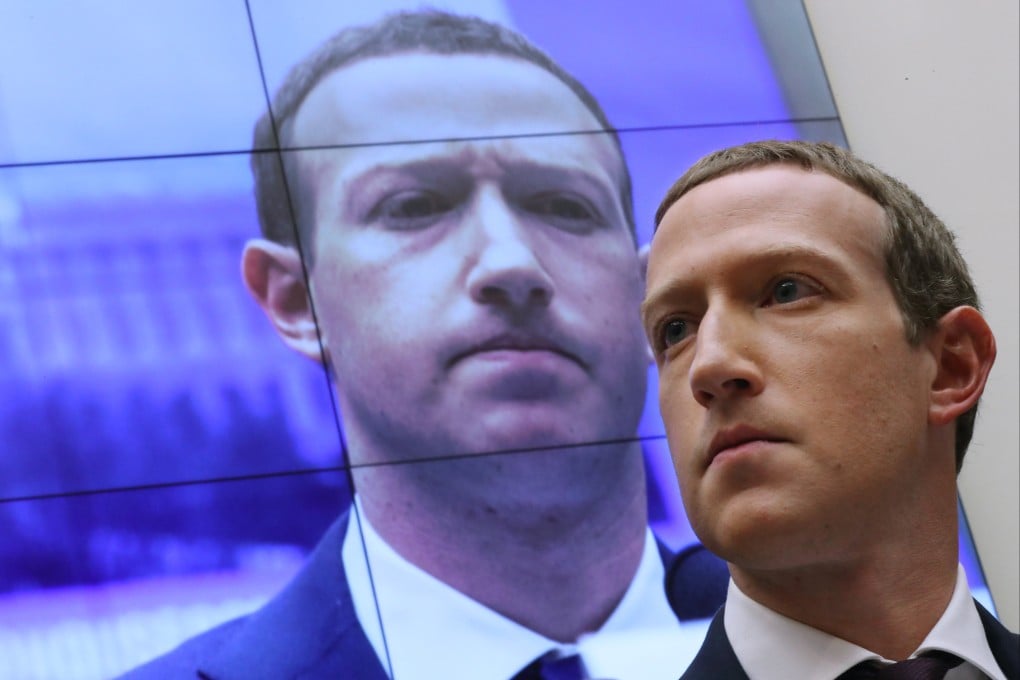Beijing state media blasts Mark Zuckerberg for past criticisms of China, casting doubt over Meta’s plan to sell VR gear in the country
- The article called out Zuckerberg for playing a role in lobbying Washington to curb TikTok, the hit social media app owned by Beijing-based ByteDance
- The commentary comes as Meta is reportedly in talks with Tencent to bring its Quest virtual reality headset to Chinese consumers

An influential social media account run by the official Beijing Daily on Wednesday published an opinion piece blasting Mark Zuckerberg for being critical of China, casting a shadow over Meta Platforms’ plans to sell its virtual reality (VR) gear to Chinese consumers.
In a commonly-used metaphor for challenging Beijing’s narrative while trying to profit from the China market, the article said Zuckerberg has “smashed the China wok” and should not be expected to enjoy a Chinese meal.
When it came to dealing with China, the article contrasted Zuckerberg’s actions with those of Tesla chief Elon Musk and Apple CEO Tim Cook, who have both maintained good relations with Beijing.
In separate visits to China earlier this year, Musk and Cook received the red-carpet treatment from Chinese government officials. Musk’s opposition to “decoupling” the economies of China and the US also earned him praise in official Chinese media. Zuckerberg, in contrast, has “shot himself in the foot” by criticising TikTok and China, the article added.
Zuckerberg may want to sell Meta’s VR headsets in China, just as Cook sells iPhones and Musk sells Tesla electric cars, but his plan is blocked because what he has said and done in the past has displeased China, the article said.
The piece was published as Meta is reportedly in talks with Tencent Holdings, China’s social media and gaming giant, to bring its Quest VR headset to the Chinese market. A source familiar with the matter, who declined to be named as the information is not public, told the South China Morning Post that Meta and Tencent have had discussions over the plan but a deal is not finalised.